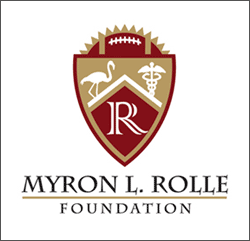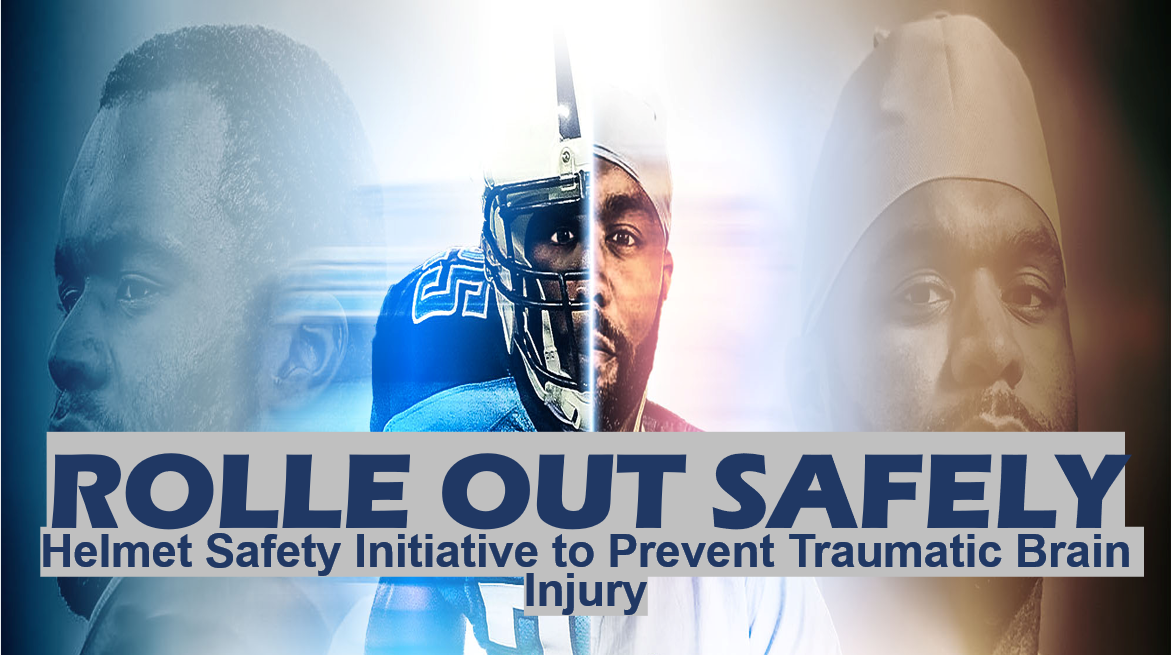NEIGHBORHOOD BOOK BASH
Early childhood reading is one of the strongest predictors of long-term academic success and overall life opportunity. As a physician and community advocate, I have seen firsthand how early learning shapes not only cognitive development, but confidence, communication skills, and social-emotional growth. Kindergarten readiness begins long before a child enters a classroom, it starts with consistent exposure to books, language, and engaged adults who read aloud, ask questions, and encourage curiosity. When children develop early literacy skills, they are better prepared to succeed academically, less likely to fall behind, and more likely to thrive in structured learning environments. Investing in early reading is not simply about education; it is about strengthening families, reducing long-term disparities, and building healthier communities from the very beginning. I invite you to join Nemours Children’s Health and the Dr. Myron L. Rolle Foundation in our shared commitment to helping children become K-ready and ensuring every child enters school equipped to learn, grow, and succeed.
DR. MYRON ROLLE SPEAKS AT SPORTS SAFETY EVENT FOR NEMOURS CHILDREN’S HOSPITAL HELD AT METLIFE STADIUM EAST RUTHERFORD, NJ
ROLLE OUT SAFELY
Pediatric helmet safety is essential for protecting children from serious head injuries during activities such as biking, skateboarding, scootering, or playing contact sports. Children’s brains are still developing, making them more vulnerable to long-term effects from head trauma. A properly fitted helmet can reduce the risk of traumatic brain injuries, concussions, and skull fractures by absorbing the force of an impact. For the best protection, a child’s helmet should sit level on the head, cover the forehead, and have straps adjusted to form a snug “V” under the ears. Parents should ensure the helmet meets recognized safety standards, such as CPSC or ASTM certification, before purchase. It’s important to teach children that helmets are not optional but a normal and necessary part of being active. Helmets should be replaced after any significant impact or if they become cracked, loose, or worn out. Brightly colored helmets or those with reflective strips can improve visibility and help keep children safer. Role modeling is also important—when adults wear helmets, children are more likely to follow suit. Ultimately, consistent helmet use is a simple but powerful way to prevent life-altering injuries and keep children safe while they play and explore.
VIDEO - SAFETY HELMET GIVEAWAY/EDUCATION
Program Initiatives
Helmet safety/TBI prevention
Conduct child helmet giveaways for children in Central Florida.
Host general student population pop-up events to distribute helmets and share safety information.
Provide helmet safety education for children and parents, emphasizing proper fit, use, and the importance of protection.
PEDIATRIC MENTAL HEALTH
Pediatric mental health focuses on the emotional, psychological, and social well-being of children and adolescents. It shapes how young people think, feel, and behave in daily life, influencing how they manage stress, build relationships, and make decisions. Prioritizing pediatric mental health is an investment in our children’s futures. With the right support, children can develop resilience, succeed academically, and grow into healthy, well-adjusted adults.
.













